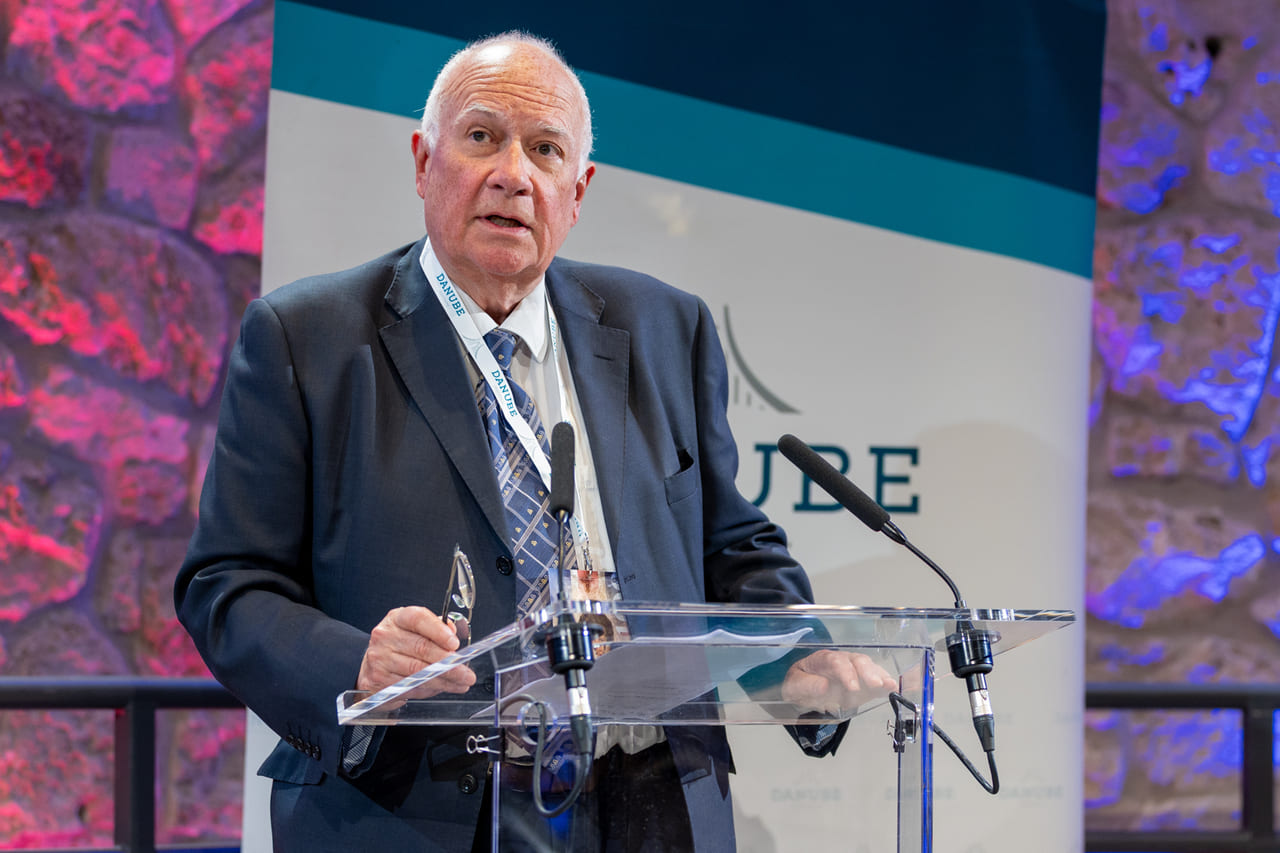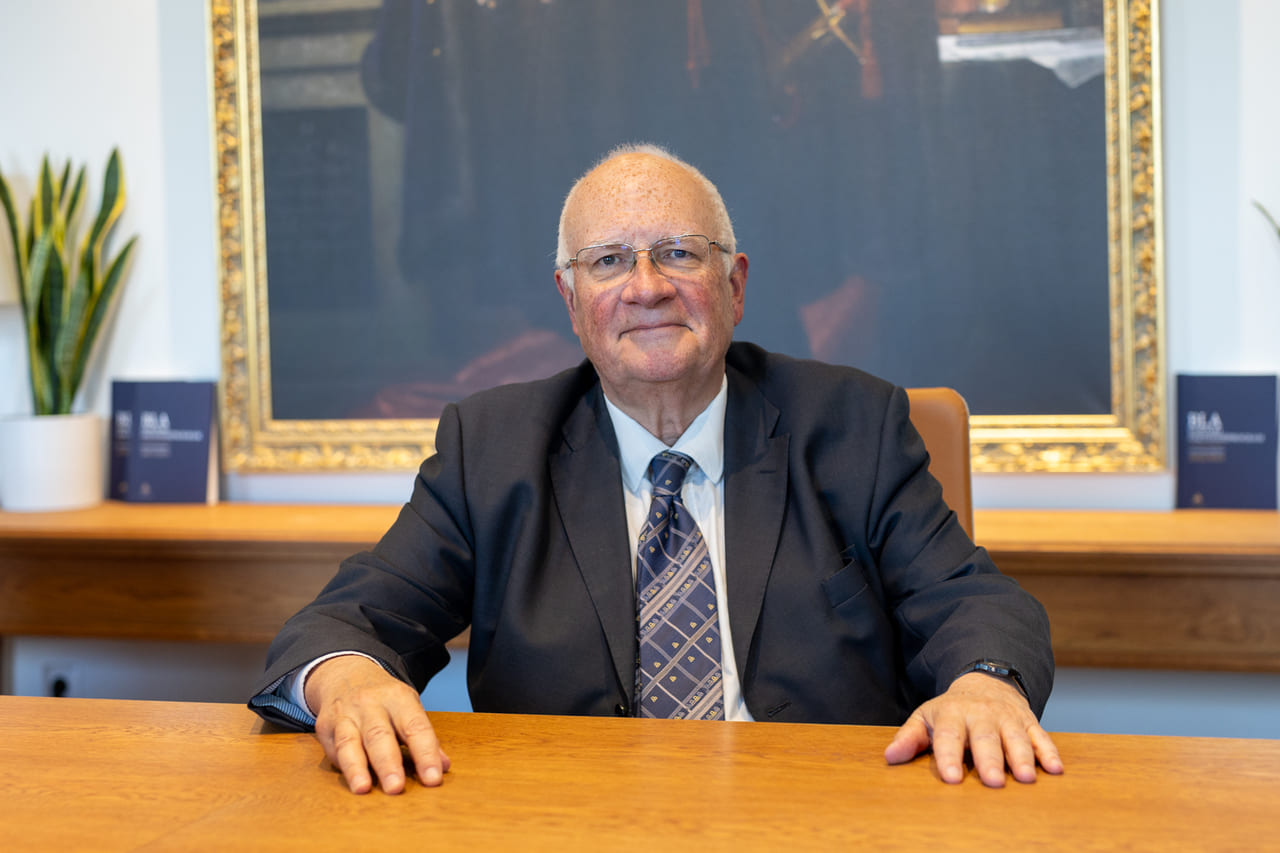In these few minutes, I want to provide, as it were, a reflection upon, rather than a recapitulation of, what Margaret Thatcher did in power.
First, I want to set the record straight about her objectives. Most of her time in government was spent on the economy. It had to be, because of the dreadful condition the British economy was in.
But she did not believe that economics was everything. She passionately believed in British greatness. She knew that there was no other way to “make Britain great again” – to coin a phrase – than to sort out the finances and achieve economic growth. That she proceeded to do. But it was just the start.
Margaret Thatcher had a philosophy and a strategy
Government’s role was, in her view, to create a framework within which private individuals could operate, pursuing their own objectives, but at the same time advancing the interests of the country. This did not involve that dreadful term, used nowadays even by nominally Conservative leaders, a “plan”. Planning is a socialist concept. And the only thing worse than when the Five Year or whatever plan didn’t work was when, at the cost of unbelievable human suffering, it occasionally did.
Mrs Thatcher had, instead, a philosophy and a strategy. She was a believer in what Hayek calls the spontaneous order of a free society. The outcome could not be willed, but it could be enabled. The work of government was to create a framework of sound money, stable prices, limited borrowing, low taxes, and light regulation. It was to help those who genuinely could not help themselves, without encouraging the scourge of dependence. It was to keep the country and all British territory safe from external threats, and to prevent and repress crime.
The criticism which can be made of all this – which you could call classical liberalism in a conservative form – is that it was too liberal and not conservative enough. I half agree. Looking back, from today’s social collapse in the West, we can say that both Thatcher and Reagan were overconfident that values and culture would look after themselves. But Mrs Thatcher and Ronald Reagan never for a millisecond thought faith, family and tradition were unimportant, so the criticism made of them in this regard from some of the new Right is wide of the mark.
People knew where the country was heading
I will just add that Ronald Reagan never fought wars around the world to impose liberal values. And Margaret Thatcher never let in so many unassimilable immigrants that the country – to use the term for which she was roundly criticised – was “rather swamped” by those who did not share our culture. Their successors were not proper conservatives. But Reagan and Thatcher most definitely were.
One last observation regarding the Thatcher approach. It was “all of a piece”. It was coherent. As a result, people knew where the country was heading. That made for patience, which is the condition of success for conservative reformers at any time.
Nowadays, as my CV suggests, I have graduated from political hack to historian, and historians are not meant to indulge in virtual reality. So, this is doubly culpable – because I want to ask, and answer, the question “What if?”, and do it twice.
Two key questions
First, “What if there had been no Margaret Thatcher?”
And secondly: “What if Margaret Thatcher had stayed in power for longer?”
No single human being reverses the tide of history – poor old King Canute learned that. If they are lucky, politicians make waves, though many disappear with barely a gurgle.
Some good things that happened under Mrs Thatcher would have happened anyway.
Socialism as practised in Britain in the 1970s was already doomed. The issue was how would it be dismantled, and what would take its place. As Mrs Thatcher herself put it – Socialists in the end run out of other people’s money. But a half-way house could still have been sought by Labour or Conservatives or some centre-left coalition, where, while combining corporatism with occasional bail outs from the IMF, and while enduring slow decline and stagnating living standards, Britain went “gentle into that good night” of decrepitude.
She saved the country from that fate by the radical policies we are discussing. She turned Britain into the economic star of Europe, and for a time the shining example for governments everywhere trying to make free enterprise capitalism work.
Dealing with the trade unions
Mrs Thatcher’s single biggest challenge and eventually her greatest success was in dealing with the trade unions. The best description of what she faced is “syndicalism”, that is a socialist system in which the trade unions were all powerful. The unions dominated both manufacturing industry and the essential public services. They enjoyed legal privileges denied to anyone else. They could hold the country to ransom without serious fear of judicial or police restraint. Step by step reforms gradually brought them within a properly understood rule of law. But the most effective step in making Britain a country which could prosper was the defeat of the year-long coal miners’ strike. The Left have understood this better than what passes for the Right in Britain. That is why forty-one years on, today’s Labour Government has set up a public inquiry into it. Marxism-Leninism never sleeps.
Looking at foreign policy, we cannot easily consider the role of Margaret Thatcher apart from that of Ronald Reagan. And as John O’Sullivan reminds us, we cannot leave Pope John Paul II out of the picture either.
But the greatest crisis was one that Britain had to face alone. At some point Argentina would have tried to get back the Falklands by force and no one – and I mean no one – but Margaret Thatcher would have had the guts and the sagacity to stop them. In 1982 she and British armed forces together wiped the slate clean of the humiliation of Suez, and even the Soviet Union took note.
What if she had stayed in power for longer?
As for the Soviets, Reagan not Thatcher must be recognised as the principal author of victory in the Cold War. Reagan won that conflict without a shot being fired. In this he received crucial backing from Mrs Thatcher. It was, of course, she who found and introduced Reagan to Gorbachev. It is not polite, but I think Gorbachev must be considered one of the West’s few useful fools. He gave up on the Warsaw Pact without a fight, thinking that Communism could somehow survive. And so, we never had to see again what Hungary endured in 1956.
Now to the other question: What if Margaret Thatcher had stayed in power for longer?” Say another couple of years.
Brian Griffiths, John Whittingdale and I will certainly all remember how we thought we would approach the general election, if she had remained. The outcome would probably have been another Conservative victory, if only because Neil Kinnock, the Labour Leader, was unelectable.
The most important change, if Mrs Thatcher had stayed would have been in policy towards Europe.
She would never have signed the Maastricht Treaty
Unlike her successor, Mrs Thatcher would never have signed the Maastricht Treaty. Specifically, to refute the contrary assertion, put out by the Major Government, she declared in the House of Lords on Monday 7 June 1993: “I could never have signed this treaty”. She was not a liar. That should resolve the issue.
Before leaving Downing Street she had become convinced that any further steps towards integration with the European Community – about to become the European Union – must be resisted. The documents show that she had decided that the veto must be used, or at least threatened, to prevent the plans from going ahead. Opt-outs for Britain were not enough.
Nowadays people are inclined to say that because Britain did not need to give up the pound the rest didn’t matter. This is deeply disingenuous. The reason why no government gave up the pound was because of the chaos created when John Major tried to keep sterling in the Exchange rate mechanism of the European Monetary System. The Conservatives refused – unlike Labour – even to promise a referendum before giving up sterling. Major’s otherwise forgettable memoirs state that his Cabinet colleagues were not prepared to accept a referendum – because it was Margaret Thatcher who has asked for it.
Britain would have had the option of staying
We should understand why all this is of importance today.
First, if Britain had vetoed the proposed treaty and the other countries bent on federalism, especially the single currency, had gone ahead under a new treaty Britain would still have been in other respects within the European Community framework. Perhaps it would still eventually have been best to leave. But Britain would have had the option of staying within the broader economic framework. That would have avoided the disruption of Brexit and the unsatisfactory relationship that most people agree now exists between the UK and the EU.
Secondly, Mrs Thatcher was not just concerned about Britain. She had an alternative vision of Europe which would have avoided most of the tensions that now pit Hungary and others against the supranational elitists in Brussels. Her Bruges Speech of 1988 proposed a community of freely cooperating independent nation states rather than a United States of Europe. The rejection of that approach has condemned Europe – especially Central and Eastern Europe – to a perpetual struggle over sovereignty and identity.
There are other geopolitical mantraps which a Thatcher-Reagan partnership – if it had been possible for just a year a two more – could have avoided. I think particularly about the dreadful events in the former Yugoslavia, where I now live. But that is enough for today.
Author: Robin Harris, President of COK, former advisor to British Prime Minister Margaret Thatcher and the author of the biography Not For Turning – A Life of Margaret Thatcher.




